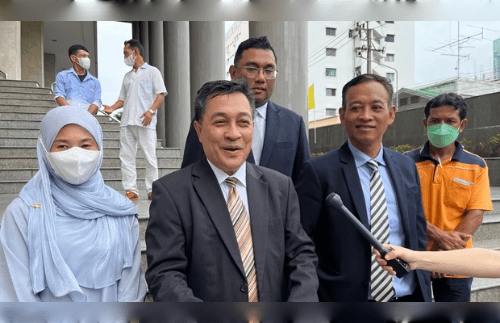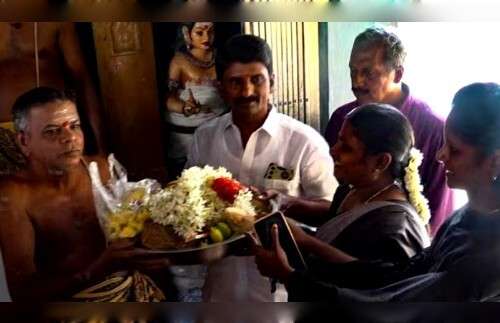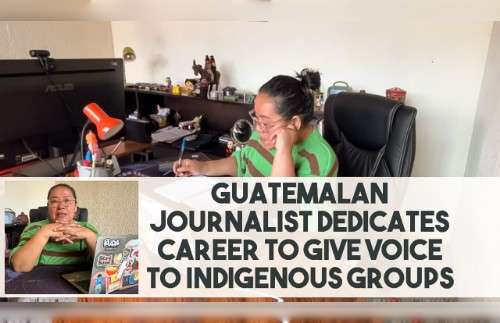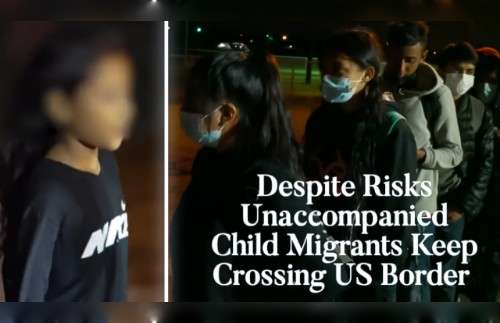Monks who peacefully protest junta rule face arrest and other forms of harassment.
By RFA Burmese

Authorities in Myanmar have detained at least 56 monks who spoke out against junta in the nearly 18 months since last year’s coup, while many other religious leaders opposed to military rule face harassment and are on the run amid the threat of arrest, RFA Burmese has learned.
An investigation based on media reports and interviews with local sources found that the junta targeted members of the Buddhist clergy who had peacefully protested the Feb. 1, 2021, coup, labeling and sometimes prosecuting them as supporters of the armed resistance.
Of the nearly five dozen monks arrested, the majority were based in the regions of Mandalay, Sagaing, Bago, Tanintharyi, Ayeyarwaddy, Magway and Yangon, according to RFA’s findings. While some have since been released, RFA was unable to verify the exact number.
Myanmar — a nation of around 54 million people — is majority Buddhist and is home to more than 500,000 monks and 60,000 nuns based in more than 72,000 monasteries and convents, according to statistics published by the Ministry of Religion and Culture in 2020.
Members of the Buddhist clergy, or Sangha, are revered by the public as the country’s supreme moral authority, and while many have taken a stance against last year’s coup, they have not assumed the kind of leadership role that they have in past anti-junta movements.
For its part, the junta has actively courted a small but influential group of nationalist monks, who view the regime as being aligned with their political agenda seeking an exclusively Buddhist Myanmar for ethnic majority Burmans.
Sources told RFA that members of the Sangha who express views critical of the junta can expect to face harassment, arrest and even violence from authorities.
A resident of Ngwe Twin village in Sagaing’s Ayadaw township, an area that has seen some of the strongest opposition to military rule since the coup, told RFA on condition of anonymity that the chief abbot of the local Pubbah Yone Monastery was beaten and arrested by a joint force of junta troops and pro-military Pyu Saw Htee militiamen on Aug. 15.
“They stormed the monastery and arrested the monk. Dragged him out and took him away quite roughly. They also demanded the keys to the pagoda treasury,” the resident said, likening the raid to one on “an enemy camp.”
“[The military uses] religion only as a form of propaganda. They always fool people by appearing to be pro-religion. But when they aren’t pleased [with the clergy], they arrest the monks. It is very sad that this was done to a monk who was revered by the whole village.”
A member of the Buddhist clergy in Nat Mauk village, in Magway’s Aunglan township, told RFA that a fellow monk was recently arrested by the military and sentenced to 20 years in prison for alleged ties to the anti-junta People’s Defense Force (PDF) paramilitary group, which the regime has labeled a “terrorist organization.”
“The monk had joined a … protest some time ago. Later, after his arrest, they accused him of holding stacks of money and keeping weapons in his possession, and said that he took part … in the killing of Dalans (informers),” said the source, who also declined to be named.
“He never did anything wrong. But he stood with the people in the [anti-junta] Spring Revolution and took part in the protests. It is sad to see good monks like him arrested and imprisoned.”
Mandalay arrests
Authorities in Mandalay also arrested several members of the Buddhist clergy in Mandalay in 2021, according to Raja Dhamma of the regional Sangha Union, including monks Tusita, Thirenda, Vilatha, Viriya Dhamma and Rewata — each of whom was sentenced to three years in prison in July this year for alleged ties to the armed opposition.
Raja Dhamma said that many other monks who have peacefully opposed the coup are now being hunted by the junta and “on the run” from authorities.
“[The military] staged the coup, not for the country, but for their own benefit,” he said.
“[Since then] they often raid monasteries, compiling guest lists and making sure that monks who oppose them cannot find refuge. [Nuns] and monks are also regularly targeted by the military with brutal and inhumane acts.”
Raja Dhamma noted that members of the Mandalay Sangha Union have come under fire from the military for posting anti-junta content on social media and taking part in several anti-junta street protests since the coup.
On Oct. 2 last year, junta forces in Mandalay used violence to disperse a peaceful protest by the union’s monks, which a resident of the city who witnessed the incident described as “shocking.”
“Monks who were holding a peaceful protest were hit by a car [driven by soldiers who] … then got out of the car and started shooting and making arrests,” said the witness, who asked not to be identified due to security concerns.
“Some of the monks escaped. Those who got arrested were immediately disrobed right there and beaten in public view. We were so frustrated, but we couldn’t do anything to help them.”
Raja Dhamma told RFA that although junta officials are targeting monks who oppose them, the threat of arrest will not deter them from peacefully opposing the coup.
Religion for political purposes
Attempts by RFA to contact junta Deputy Minister of Information Maj. Gen. Zaw Min Tun for comments on the arrests and other harassment went unanswered Friday.
In April, he told RFA that the junta “does not arrest monks,” but has “carried out the legal arrest of PDF members who disguise themselves as monks,” without elaborating.
Junta chief Snr. Gen. Min Aung Hlaing said in a speech on Aug. 1 that PDF forces are responsible for having killed at least 52 monks since the takeover, although RFA was not able to independently verify his claims.
Htet Myat Aung, a resident of Mandalay, told RFA that the military often denigrates members of the Buddhist clergy who oppose its rule for political purposes.
“The junta uses religion for politics. If you support them, you are considered a true monk. Those from the Sangha Union who are participating in the fight [against the junta] are called ‘fake monks,’” he said.
“Monks have been oppressed in [prior movements against military rule], and what the junta is doing now is no surprise. It’s the usual response.”
Translated by Khin Maung Nyane. Written in English by Joshua Lipes.
Copyright © 1998-2020, RFA. Used with the permission of Radio Free Asia, 2025 M St. NW, Suite 300, Washington DC 20036. https://www.rfa.org














